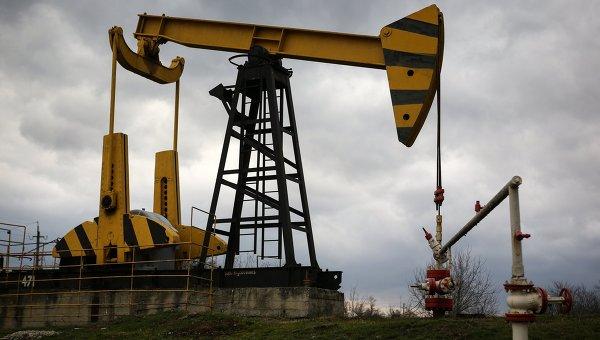Global consumer spending on oil to fall below spending on electricity for first time

By Trend
Global energy investment is expected to drop significantly in 2020 due to the restrictions caused by the coronavirus pandemic, Trend reports with reference to the International Energy Agency (IEA).
“The COVID-19 pandemic has set in motion the largest drop in global energy investment in history, with spending expected to plunge in every major sector this year – from fossil fuels to renewables and efficiency,” reads the report.
IEA says that at the start of 2020, global energy investment was on track for growth of around 2 percent, which would have been the largest annual rise in spending in six years. But after the COVID-19 crisis brought large swathes of the world economy to a standstill in a matter of months, global investment is now expected to plummet by 20 percent, or almost $400 billion, compared with last year, according to the IEA’s World Energy Investment 2020 report.
Dr Fatih Birol, the IEA’s Executive Director pointed out that the slowdown in spending on key clean energy technologies also risks undermining the much-needed transition to more resilient and sustainable energy systems.
A combination of falling demand, lower prices and a rise in cases of non-payment of bills means that energy revenues going to governments and industry are set to fall by well over $1 trillion in 2020, according to the report.
Oil accounts for most of this decline as, for the first time, global consumer spending on oil is set to fall below the amount spent on electricity.
Companies with weakened balance sheets and more uncertain demand outlooks are cutting back on investment while projects are also being hampered by lockdowns and disrupted supply chains. In the longer-term, a post-crisis legacy of higher debt will present lasting risks to investment. This could be particularly detrimental to the outlook in some developing countries, where financing options and the range of investors can be more limited. New analysis in this year’s report highlights that state-owned enterprises account for well over half of energy investments in developing economies.
Global investment in oil and gas is expected to fall by almost one-third in 2020.
This is while investment in shale is anticipated to fall by 50 percent in 2020. At the same time, many national oil companies are now desperately short of funding. For oil markets, if investment stays at 2020 levels then this would reduce the previously-expected level of supply in 2025 by almost 9 million barrels a day, creating a clear risk of tighter markets if demand starts to move back towards its pre-crisis trajectory.
Power sector spending is on course to decrease by 10 percent in 2020, with worrying signals for the development of more secure and sustainable power systems.
The overall share of global energy spending that goes to clean energy technologies – including renewables, efficiency, nuclear and carbon capture, utilisation and storage – has been stuck at around one-third in recent years. In 2020, it will jump towards 40 percent, but only because fossil fuels are taking such a heavy hit. In absolute terms, it remains far below the levels that would be required to accelerate energy transitions.
“The crisis has brought lower emissions but for all the wrong reasons. If we are to achieve a lasting reduction in global emissions, then we will need to see a rapid increase in clean energy investment,” said Dr Birol. “The response of policy makers – and the extent to which energy and sustainability concerns are integrated into their recovery strategies – will be critical.”
---
Follow us on Twitter @AzerNewsAz
Here we are to serve you with news right now. It does not cost much, but worth your attention.
Choose to support open, independent, quality journalism and subscribe on a monthly basis.
By subscribing to our online newspaper, you can have full digital access to all news, analysis, and much more.
You can also follow AzerNEWS on Twitter @AzerNewsAz or Facebook @AzerNewsNewspaper
Thank you!
